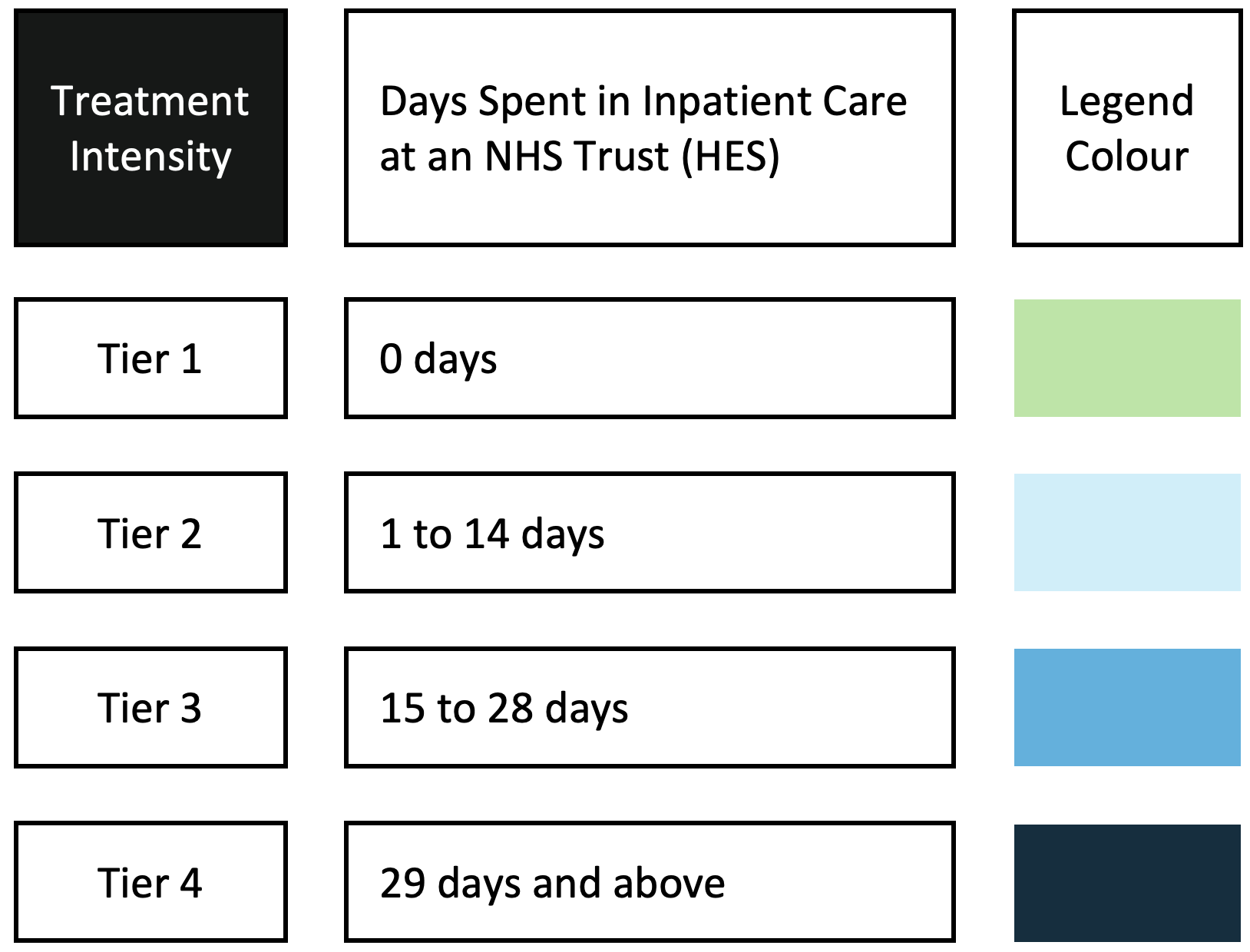Acute Physical Health Shocks and Mental Health
Wei Song
Discussant: Trine Kjær
Supervisor at conference: Rowena Jacobs
EuHEA PhD Conference 2024

[1.0] Background and motivation
-
Physical and mental health are closely related with biological and behavioural pathways.
30% of people with LTCs have mental health problems;
46% of people with mental health problems have LTCs.
(Naylor et al., 2012) - More research focuses on how mental health impacts physical health. Reciprocal pathways and endogeneity bring about challenges in modelling impact.
[1.1] Acute phyiscal health shock
- Acute myocardio infarction, cerebral infarction, and new diagnosis of cancer
- Unanticipated timing helps with the endogeneity problem
- The experience of an acute physical health shock are shown to negatively impact risk for depression and general anxiety disorder.
- Would acute physical health shock impact mental health service utilisation? If so, would it be increased or decreased?
[1.2] Research question
- How does the experience of acute physical health shocks impact the utilisation of specialised mental health care?
- ... for individuals who are existing specialised mental health care users
- How to capture acute physical health shock?
- How to deal with different timing for treatment and outcome measures?
- Would variations in shock intensity complicate measurement, as individuals are displaced due to hospitalisation for shock related physical care?
Possible challenges
[2.0] Data and methods
- Hospital Episode Statistics (HES): Admitted Patient Care (APC)
- Mental Health Services Data Set (MHSDS)
- Treatment: first experience of heart attack, shock, or first diagnosis of cancer
- Outcome: days spent in mental health care
- Covariates: age group, sex, ethnicity group, IMD, Elixhauser, mental health cluster
[2.1] Mental health care pathways in England
- Primary care: GP referrals, IAPT (talking therapies)
- Community care
- Hospital care at NHS Mental Health Trust (secondary and tertiary)
- Specialist mental health care delivered at physical health setting (integrated care)
[2.2] Data and methods (cont.)
[2.3] Data and methods (cont.)
Propensity score matching
Sex Age group Mental health cluster IMD quartile Elixhauser comorbidity index
[3.0] Econometric framework
\( y_{it} = \alpha_0 + \alpha X_i + \beta d_i + \gamma \lambda + \color{orange}{\delta d_i \lambda} \) + \( u_{it} \)
[3.1] Multi-timepoint design

Each \( \lambda \) represents a three-month period
[3.2] Stacked DiD

\( y_{it} = \alpha_0 + \alpha X_i + \beta d_i + \sum\limits_{t=2}^{T} \gamma_t \lambda_t + \sum\limits_{t=T_s}^{T} \delta_t(d_i \lambda_t) + u_{it} \)
[3.3] Treatment intensity

\( \small y_{it} = \alpha_0 + \alpha X_i + \sum\limits_{k=1}^{K} \beta_k d_{ik} + \sum\limits_{t=2}^{T} \gamma_t \lambda_t + \sum\limits_{k=1}^{K} \sum\limits_{t=T_s}^{T} \delta_{tk}(d_{ik} \lambda_t) + u_{it} \)
[4.0] Results, inpatient
- Total number of inpatient bed-days: 7.4m for 2016/17, 7.5m for 2019/20
- Average number of inpatient bed-days: 7 to 8 days per quarter
- Higher utilisation in July to December time
[4.1] Inpatient (cont.)
[4.2] Inpatient (cont.)
[4.3] Inpatient (cont.)
[4.4] Inpatient (cont.)
Men
Women
[5.0] Results, outpatient
- Total number of days spent in community care: 151m 2016/17, 135m 2019/20
- Average number of days range from 20 to 25 days per quarter
[5.1] Outpatient (cont.)
[5.2] Outpatient (cont.)
[5.3] Outpatient (cont.)
[5.4] Outpatient (cont.)
Men
Women
[6.0] Results, mental health care in physical setting (HES IP)
[6.1] HES IP
Men
Women
[6.2] HES OP
Men
Women
[7.0] Discussion
Displacement
Removal of utilisation during quarter of shock If present, could be picked up by TE heterogeneity of shock intensity
P-trend assumption
Defining core population
PHS and SMI
Stacked and staggered design
Matching on utilisation of MH pre treatment
[8.0] Next steps
- Estimating the Incremental Cost in Primary and Secondary Mental Health Care in NHS England Following the Primary Event of an Acute Physical Health Shock